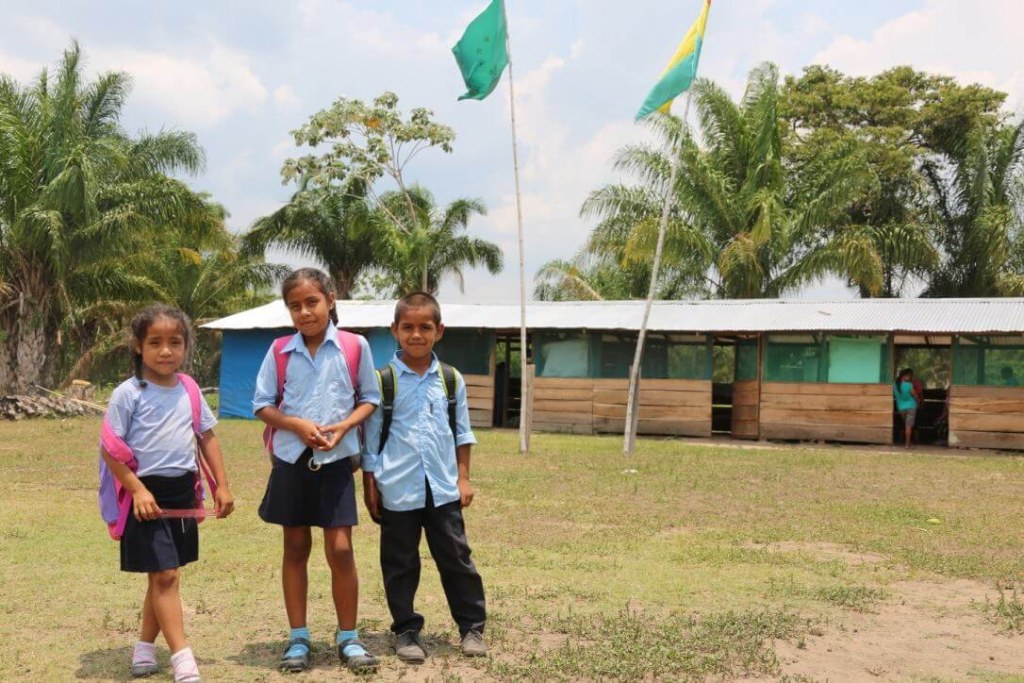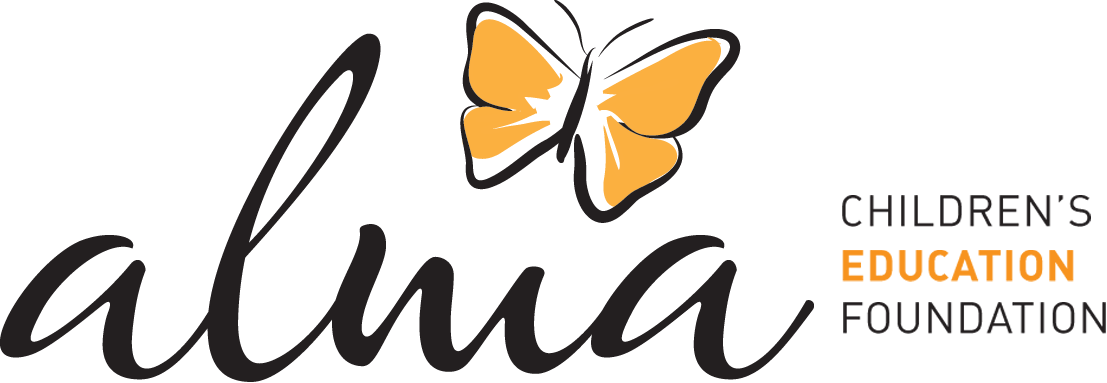
We state in our mission statement that we teach “harmonious values” (alongside critical and creative thinking) and that we want our students to become “socially responsible and environmentally conscious”. I’ve been thinking lately that what we are talking about is spirituality.
I think it’s fair to say that the traditional “saving graces” for our world – politics, education, science, organized religion – have let us down. Politics has become increasingly perverse not just here in North America but in many countries including Peru where the past four Presidents are either in jail or under indictment. While we are increasingly educated, as a species we continue to make mistakes and not address, for example, climate change. Science (and technology) have helped us see the problems and perhaps understand them but have not inspired us to act. In fact, if anything, science and technology may be distracting us. Organized religion has clearly done a lot of damage and been the cause of much bloodshed.
Where then lies the answer?
Some would say that it lies within us, that it may be whatever your spiritual practice refers to when it refers to our inner goodness, self-worth, and dignity. If we can take delight in that, then perhaps we will not feel the need to get satisfaction elsewhere and initiate greed (for things). If we practice those values that are common to all religions and spiritual beliefs and apply the lens of those values to everything we do, then maybe we have a chance.
Is spirituality teachable?
I find it interesting that when we gather local cultural practices and stories to create our games, projects, and lesson plans there is what I would consider “good values” throughout. I think that indigenous cultures in particular were/are steeped in spirituality and that in fact, it is something that often makes an appearance in our curriculum.
For me, the question now is, should we continue to have “harmonious values” as just one of our goals or should we move “values” to the very centre of our curriculum.
Alan Harman
